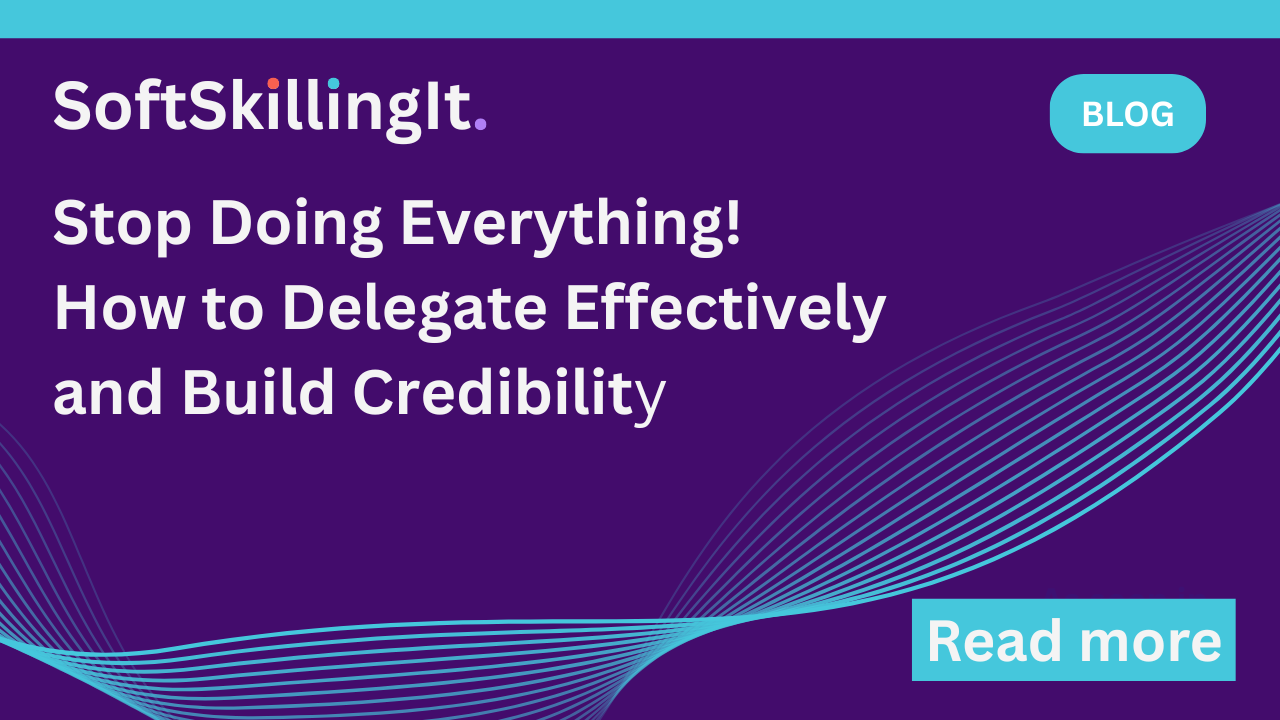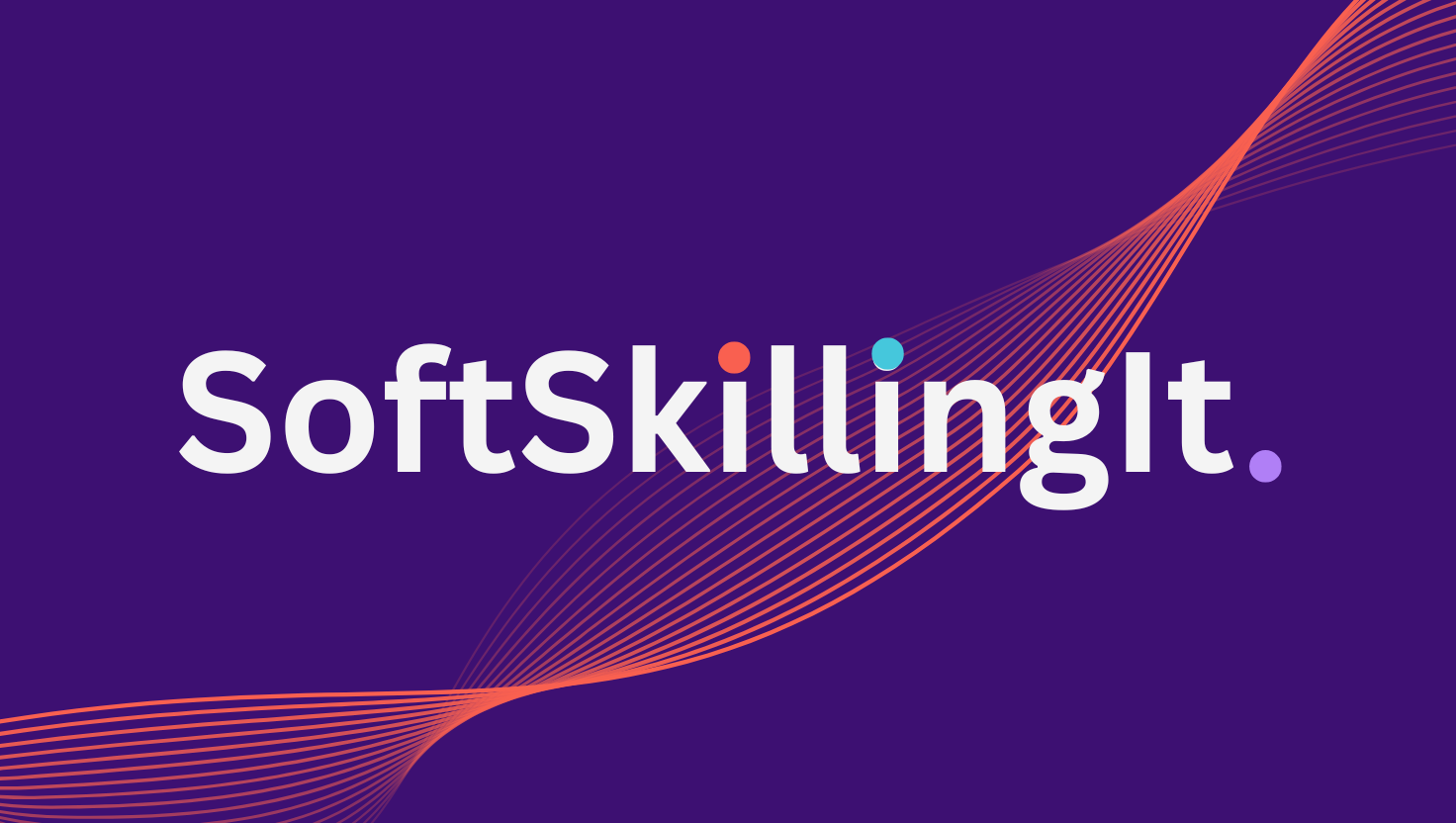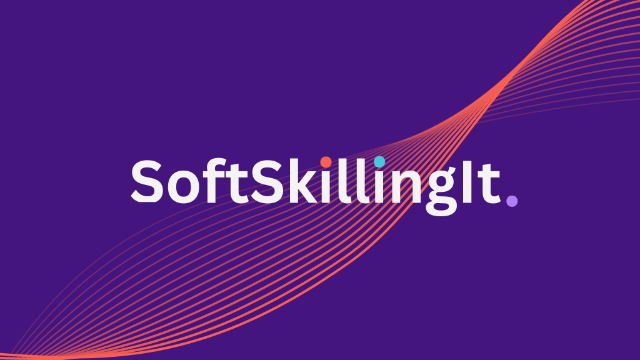Stop Doing Everything! How to Delegate Effectively and Build Credibility
14 Nov, 2025
If you’re a new manager, you were likely promoted because you’re great at doing the work. But now that you have direct reports, your job isn't to be the best doer; it's to be the best leader.
If you're overworked, stressed, and still doing tasks someone else could handle, you're not delegating; you're micromanaging, and it’s stopping both you and your team from growing. To build true credibility as an emerging leader, you must shift your mindset from task execution to context-setting.
1. The Delegation Mindset Shift: Stop the 'Activity Trap'
New leaders often struggle to let go for emotional reasons: fear the work won't be done right, or simply the comfort that comes from productivity. Stop asking, "Will they do it perfectly?" and start asking, "Am I the best and cheapest person to get this done?"
To overcome the 'Activity Trap' and delegate strategically, use this framework:
- Focus on outcomes, not tasks: Provide the context (why the work matters, the expected result, and the deadline), not step-by-step instructions. Delegation should be a learning opportunity, not an instruction manual.
- The Empowerment Conversation: When you hand off a task, explain why you chose them. Frame it as a trust-building, developmental opportunity, not just dumping work. This fosters buy-in and ownership.
2. The Credibility Toolkit: Mastering Feedback
Building credibility isn't just about managing projects; it's about developing people. The most high-impact skill you can develop is the ability to deliver constructive feedback that inspires growth, rather than demotivating your reports.
When giving feedback, always ensure it is:
- Timely and Specific: Don't wait weeks. Address the behaviour quickly and use clear examples.
- Solution-Oriented: Instead of vague criticism ("You need to communicate better"), offer actionable suggestions ("Next time, please send the client an update 24 hours before the meeting so we can review it").
- Balanced: Pair areas for improvement with genuine positive reinforcement, sometimes known as the "good news sandwich." This shows you see their overall value while guiding their development.
3. Handle Conflict Like a Leader: The DESC Model
Conflict is inevitable in any team, and how you handle it is the ultimate test of your leadership presence. Don't avoid it; resolve it swiftly and collaboratively.
When mediating a conflict or addressing poor performance, utilise the DESC Model to ensure the conversation remains objective and focused on resolution:
- Describe: Objectively state the specific, observable behaviour or situation.
- Express: State your feelings or concerns about the impact of the behaviour, using "I statements" (e.g., "I feel concerned when...").
- Specify: Suggest a specific alternative behaviour or solution.
- Consequence: Explain the positive or negative consequence of adopting (or not adopting) the new behaviour/solution.
This approach ensures you communicate clearly, reduce defensiveness, and steer the conversation toward a mutually beneficial outcome.
Ready to stop feeling overwhelmed and truly step into your role as a confident leader?
The skills you need, from delegation and high-impact feedback to conflict mastery, aren't innate; they are learned. Start your journey today with SoftSkillingIt, the online platform that translates real-world leadership challenges into clear, actionable modules designed for emerging leaders like you.


